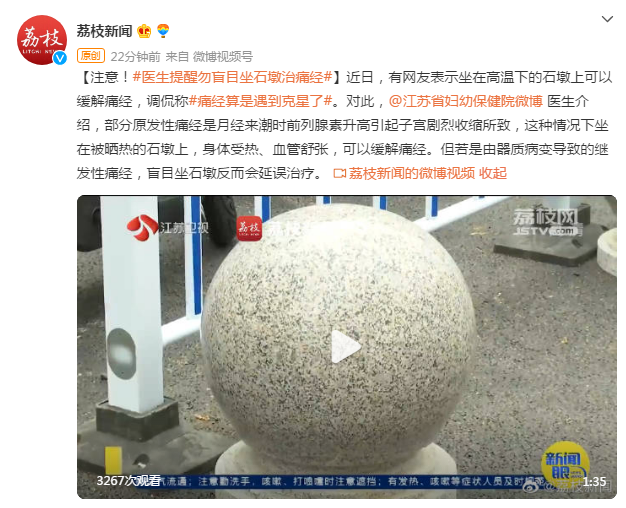Specification Group Study Foreign Forum No. 22: Three main development trends of biomedicine in the 21st century
Author:Precision Medicine Society Time:2022.09.05


Lecture information
Lecture theme: Three main development trends of biomedicine in the 21st century
Date: September 6, 2022 (Tuesday) 20: 00-21: 30
Introduction

Wu Jiarui
Wu Jiarui, a researcher at the Institute of Biochemistry and Cell Biology, Chinese Academy of Sciences. He is currently the Executive Dean of Life and Health Sciences of Hangzhou Hangzhou Hangzhou Hangzhou University of Science and Technology, Director of the Key Laboratory of Systems Biology of the Chinese Academy of Sciences; Director of the Key Laboratory of Health Sciences in Zhejiang Province, and a member of the Chinese Human Pathum Group Research Cooperation Group (HPCC). "Journal of Molecular Cell Biology"; editor -in -chief of "BMC Systems Biology"; deputy editor of "Chemistry of Life", deputy editor of "Medicine and Philosophy". In fact, the laboratory mainly uses system biological methods to study the molecular mechanism of major chronic diseases such as diabetes and tumors. More than 100 research papers have been published in international academic journals.
Report Abstract
With the birth of molecular biology in the middle of the 20th century, traditional medicine has entered the era of modern biomedicine based on molecular -level experimental sciences. The implementation of the human genome plan of the 21st century has introduced life science into a "post -genome era" and has made new transformations in modern biomedicine. There are three main development trends worthy of our attention. First of all, molecular biomedicine characterized by "fragmentation" and "simplification" is transforming system biomedicine that focuses on integrity and complexity. Secondly, the main basis of the clinical statistical data obtained by "random control test" is gradually transformed into precise medicine that attaches importance to the characteristics of individual molecules and its differences. More significant changes are that under the guidance of the concept of great health, clinical medicine centered on disease diagnosis and treatment is transforming into health medicine centered.
Moderator Introduction

Liu Tiemin
Liu Tiemin, a professor at the School of Life Sciences of Fudan University, Director of the Department of Physiology and Neurology, Leader of National Key Laboratory of the National Key Laboratory of Genetics, Special Professor of Zhongshan Hospital Affiliated to Fudan University, National Key R & D Program "Development Programming and its metabolic regulation" key special project Responsible for scientists, Deputy Secretary -General of the Chinese Society of Biophysics, and Vice President and Secretary -General of the Metabolic Biology Branch of the Chinese Society of Biophysics.
Research direction: It mainly studies the important role of brain and peripheral organs including fat, muscles and liver regulating energy, metabolism/sugar fat metabolism. In Cell, Cell Metabolism, Neuron (cover and recommendation articles), Nature Neuroscience, Cell Reports, Diabetes, Molecular Metabolism and other magazines published more than 70 articles.
organizer:
Shanghai International Human Pathum Group Research Institute
Phenomics Press Group College Journal
Fudan University Human Pathum Group Research Institute
Chinese Biological Physics Society Press Formation Branch
- END -
Notice!The doctor reminds not to take the dysmenorrhea blindly

Recently, some netizens said that sitting on the stone pier at high temperature ca...
Wang Xiaohan's original Qi Law "See Yiche Gui Fuxiang"

Seven Laws See Yihe Gui FuxiangFigure/Old TownText/Wang XiaohanYihe yearn Gui Fuxi...